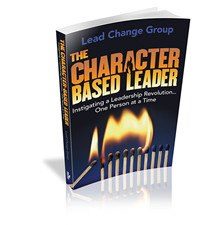Over a year ago I met with a group of people about an upcoming speaking engagement. As we discussed the focus of my presentation I said, “it’s about putting the Human back in Human Resources.”

Immediately one of the men in the group got really quiet and after a few minutes he said,
I have been in HR for several years, I’ve attended tons of seminars and I’ve NEVER heard anyone talk about the HUMANS.
In the past few months as I’ve been publishing stories and lessons in an ongoing series about “The Real Housewives of Expat Men”, this subject has come up again.
The examples below are real and come from people employed with several different organizations.
Imagine…
- Organizations that notify their people of life-altering changes with a two-sentence email with no details and no timelines, let alone any discussion, questions or answers.
- Annual reviews that are delivered over a computer instead of by a live person, evaluating the recipient on objectives they were never told they had and leaving no opportunity for discussion.
- Bosses that make decisions about their employees lives, don’t communicate those decisions and when they are asked about them, then play the blame game pointing fingers at the titled leaders above them.
- Families that are days away from finishing their time overseas and have sold things, packed, said tearful goodbyes to friends, and have families at home excitedly waiting for them, that are notified two days before they are scheduled to leave that they won’t be going home now. And as each day goes by their expected departure date continues to change.
- HR never responding to emails or phone calls and then one day emailing the office and getting a response that says, “Today is my last day, I quit.”
- Companies that emphasize that their policy is to make sure that EVERY exiting employee receives a survey when they leave the company – no matter why they leave. However, when a boss fears the information an exiting employee will share, that survey is never given to the exiting employee even when they ask HR for it.
- HR admitting that the exit surveys that are received are rarely looked at or used to evaluate leadership and organizational development opportunities.
Those stories make my heart ache. So I reached out to friends with HR Backgrounds that are Consultants, and Leadership Experts and asked them three questions:
[Tweet “What does HR really stand for: Is it Human Resources or Human Remains?“]








